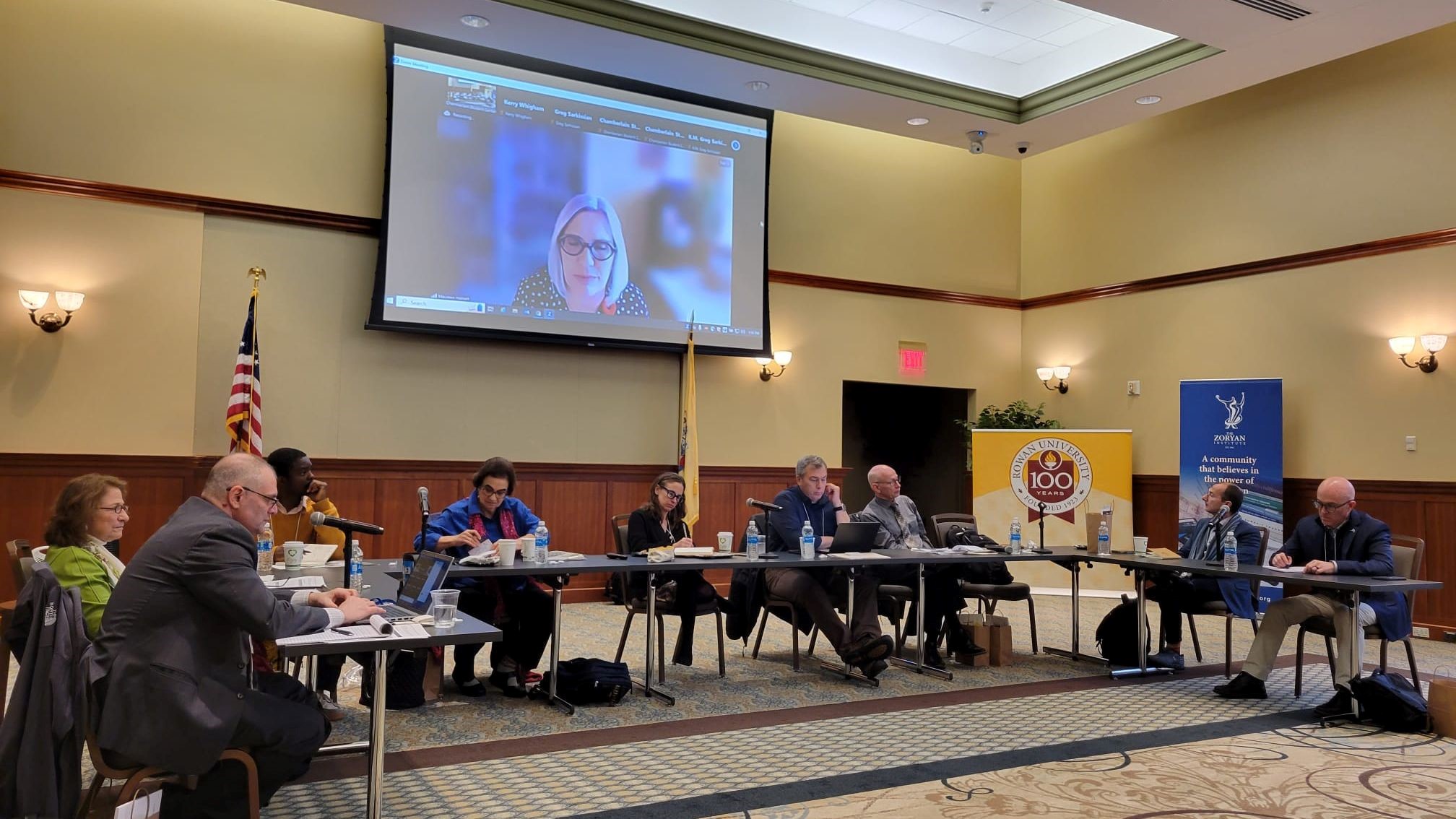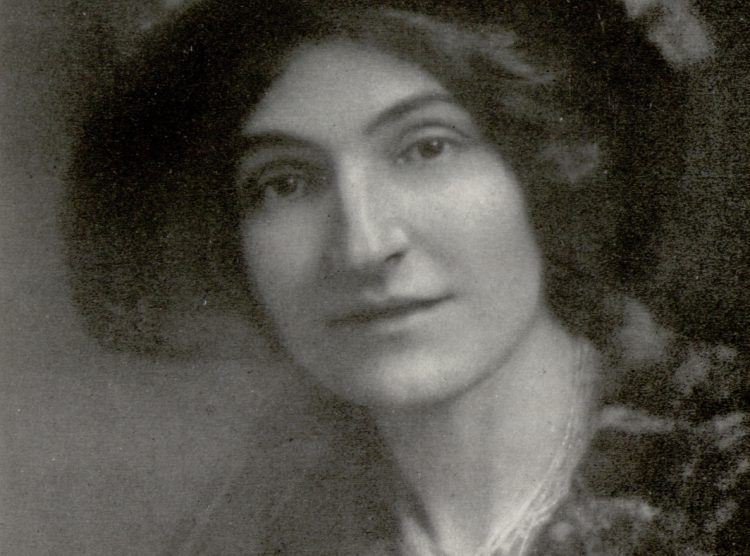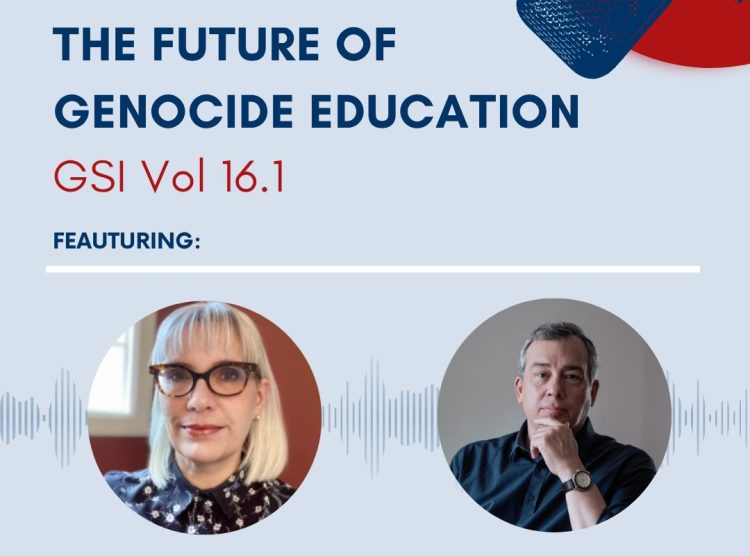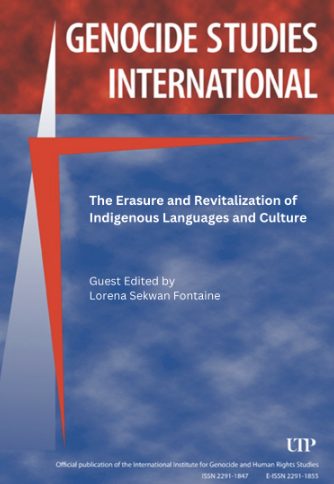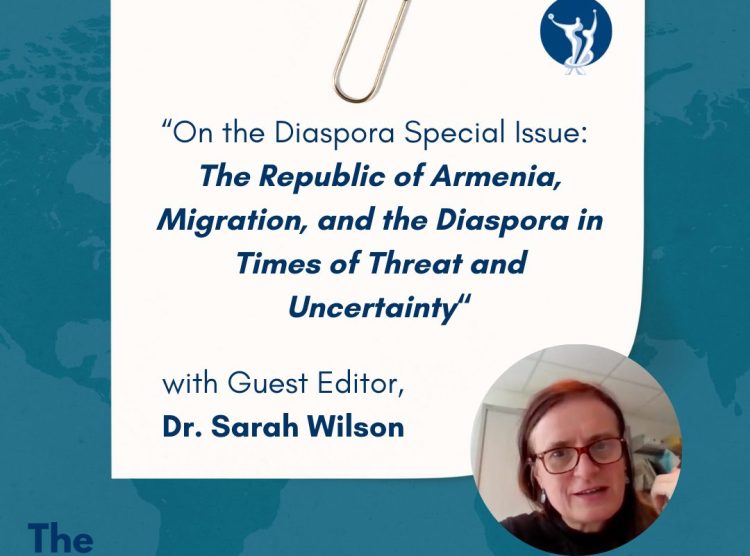Article
Genocide Education in the 21st Century: “Rebuilding the Ship While Sailing on the Water”
20 Nov 2023
November 20, 2023, TORONTO: On November 10, 2023, the International Institute for Genocide and Human Rights Studies (A Division of the Zoryan Institute) and the Rowan Center for the Study of Holocaust, Genocide, and Human Rights, hosted the symposium, Where Do We Go From Here? Genocide Education in the 21st Century at Rowan University, NJ.
Over the past few years, the editors of Genocide Studies International (GSI), an academic journal owned, operated, and sponsored by the Zoryan Institute and published by the University of Toronto Press (UTP), started questioning the effectiveness of genocide education today, given the prevalence of human rights abuses, the polarization of societies, and the global rise in hate-based violence, authoritarianism, and a general apathy from the international community. To address this question, the editors conceptualized a symposium to bring together leading scholars and educators of North America in the field of Genocide Studies to discuss the shortcomings of genocide education, what “good” genocide education means, and how we can begin to chart a path forward.
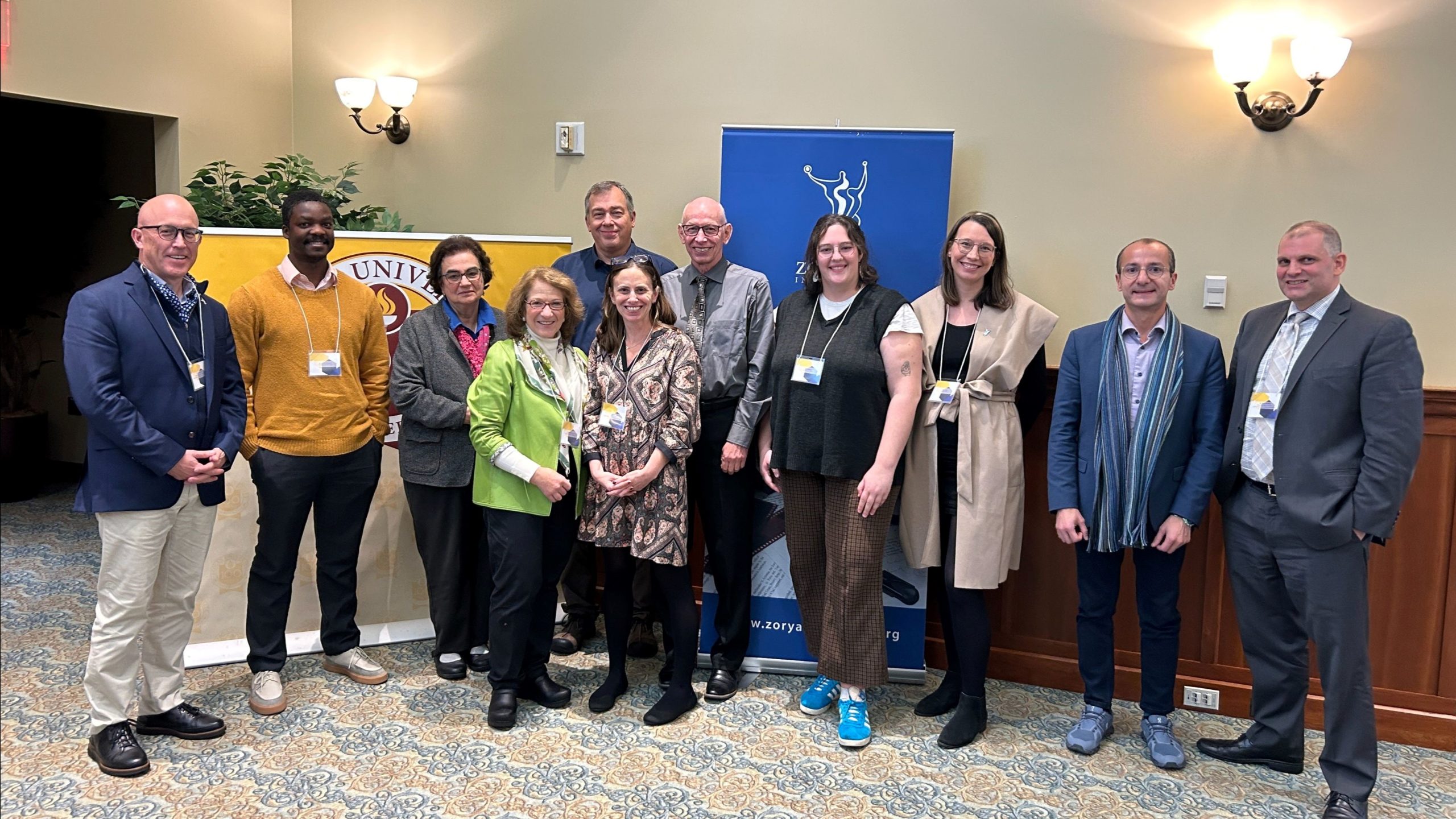
From L-R: Dr. Alex Alvarez, Dr. Arthur Anyaduba, Dr. Joyce Apsel, Dr. Deborah Dwork (front), Dr. Jim Waller, Dr. Jennifer Rich (front), Dr. Björn Krondorfer, Kate Simola, Megan Reid, Dr. Khachig Mouradian, Dr. Henry Theriault
With the troubling times we face globally today, including the invasion of Ukraine, the blockade of the Lachin Corridor and dissolution of the Nagorno-Karabakh, the Gaza conflict, the civil war in Libya and the mass killings in Darfur, just to name a few, the timing for this symposium could not have been any more poignant. The ability to be able to make sense of, understand, and critically analyze the world around us has never been more critical. Quality education is at the center of this, and this symposium acted as a starting point to opening important discussions surrounding these issues in a closed, safe space with some of the leading voices in genocide education.
The primary objective of genocide education has been commonly perceived as a means of raising awareness about the heinous crime in order to mobilize masses to help prevent genocides and atrocities of the future. Yet, despite the efforts of scholars, educators, and academic institutions like the Zoryan Institute, the famous saying of “never again” has proven to be an empty slogan.
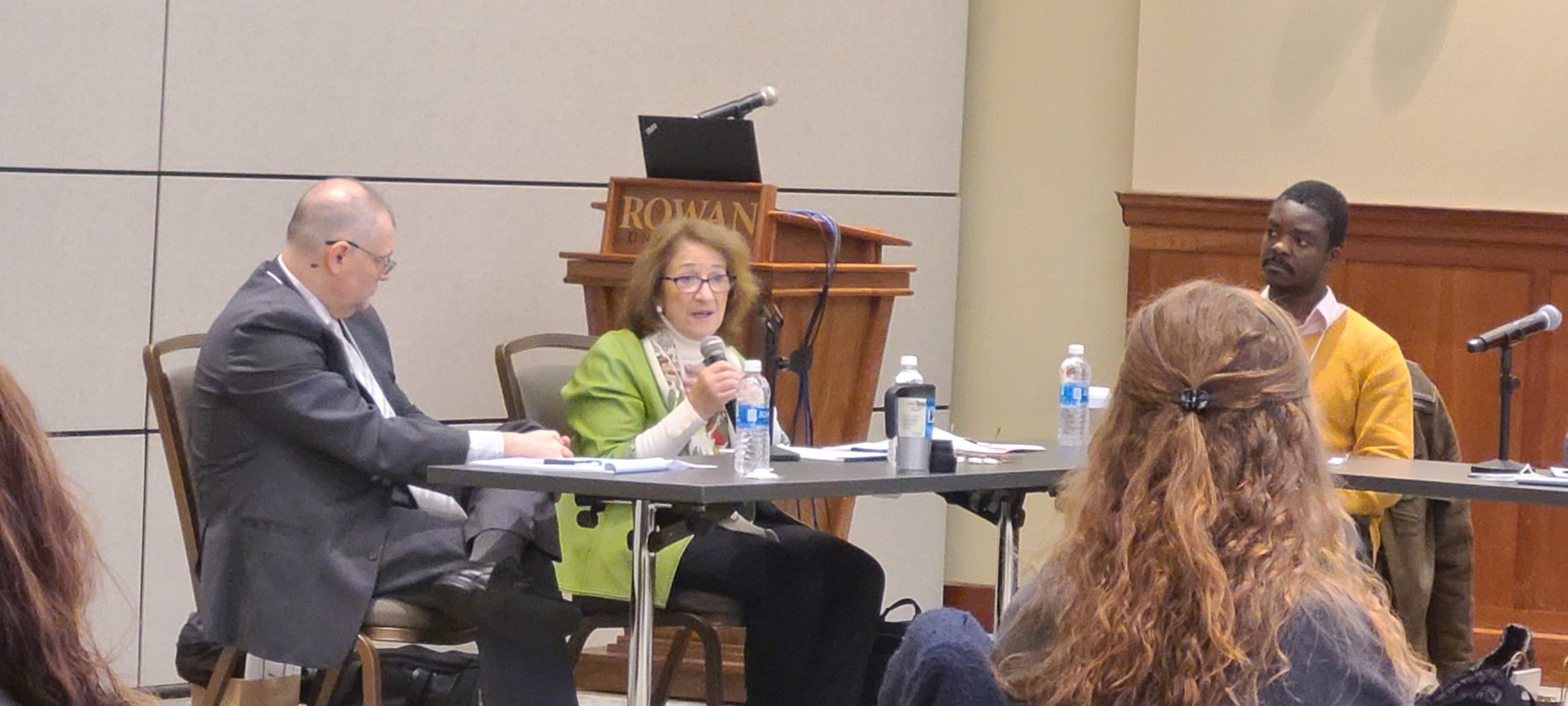
From L-R: Dr. Henry Theriault, Dr. Deborah Dwork, Dr. Arthur Anyaduba
Prof. Deborah Dwork, the Director of the Center for the Study of the Holocaust, Genocide, and Crimes Against Humanity at the Graduate Center at CUNY, opened the day’s discussion by situating the symposium and the conversation in a post-October 7 world. She highlighted the need to explore and perhaps redefine what the actual goals of genocide education are, noting that if the objective with this education thus far has been prevention, then education is clearly failing. Dr. Dwork commented that:
“Learning about genocide doesn’t have a moral or political advantage, it rather helps us understand the world around us differently.”
Dr. Joyce Apsel, Academic Board Member of the Zoryan Institute, Course Director of the Institute’s Genocide and Human Rights University Program (GHRUP), and Professor of Humanities in Liberal Studies, at New York University, discussed the need for genocide education to be studied through a human rights lens, which she framed as “human rights” and “human rights wrongs.” Prof. Apsel also raised the need to avoid framing genocide as a singular event, but as a process that continues to impact societies long after the height of the violence ends. Dr. Jim Waller, a faculty member of GHRUP and the Dodd Chair in Human Rights Practice at the University of Connecticut, cemented this notion by stating that the word “post-genocide” should be removed from the academic vocabulary, as there is no clear end date to the impacts of genocide.
Other key takeaways from the symposium included the importance of considering the positionality of the educator, the significance of introducing genocide education across various disciplines, and ways to garner empathy from students and make genocide education hit closer to home.
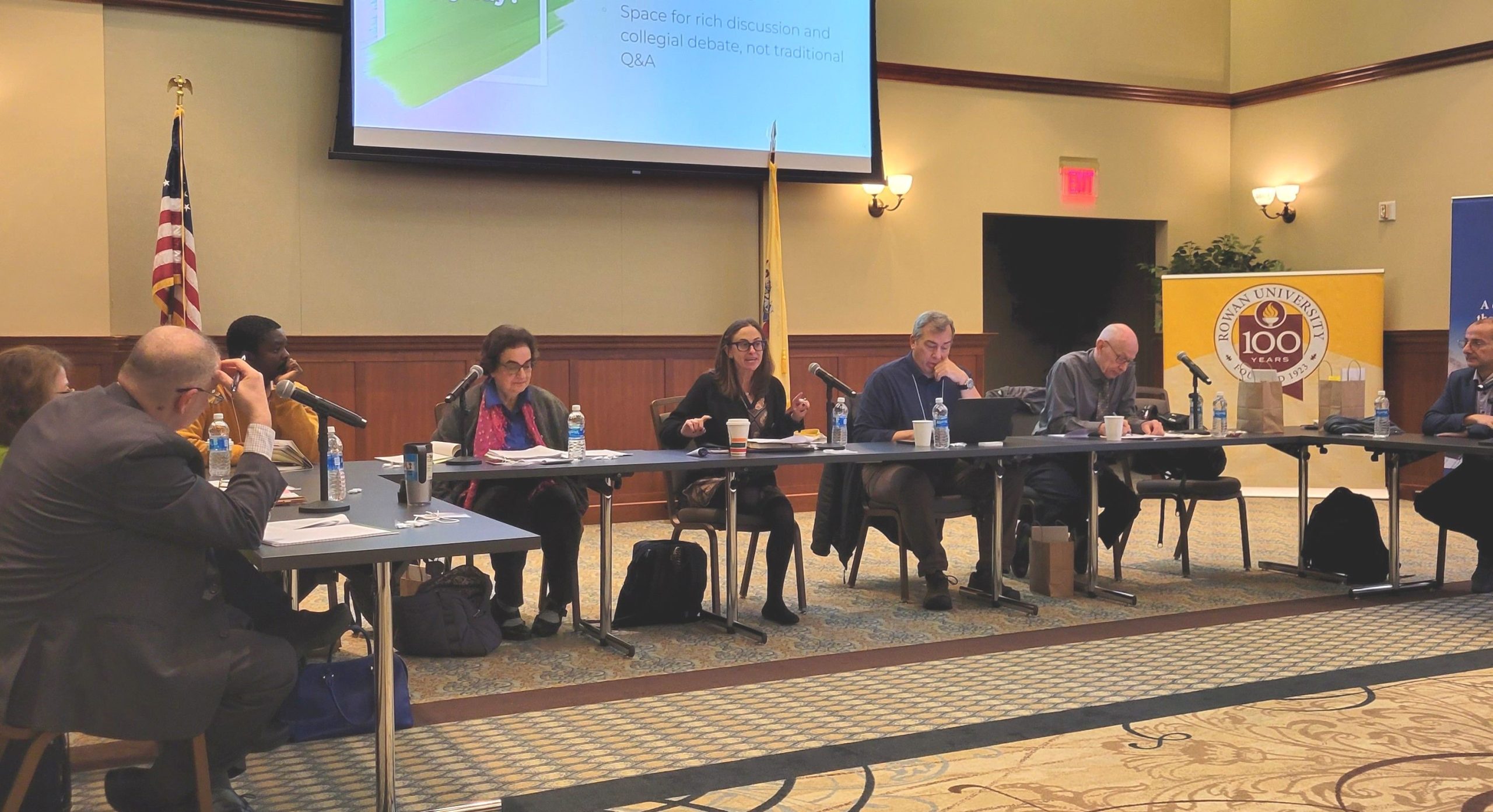
From L-R: Dr. Henry Theriault, Dr. Deborah Dwork, Dr. Arthur Anyaduba, Dr. Joyce Apsel, Dr. Jennifer Rich, Dr. Jim Waller, Dr. Björn Krondorfer, Dr. Khachig Mouradian
Prof. Jennifer Rich, Academic Board Member of the Zoryan Institute and co-editor of GSI, and the Director of the Masters of Arts in Holocaust and Genocide Education, was the lead coordinator and the moderator for the symposium. When asked about the key take-aways of the symposium, she had this to say:
“The rich exchange of ideas that took place at the Symposium was an important, exciting first step. I am certain that there will be any number of follow-up conversations as we grapple with our core question of “Where do we go from here?”
Reflecting on the discussions had and the daunting task ahead of improving the future of genocide education, Dr. Adam Muller, co-editor of GSI and the Director of the Peace and Conflict Studies graduate programs at the University of Manitoba, quoted notable author Willard Van Orman Quine, stating that we are, “rebuilding the ship while sailing on the water”. This quote seems to perfectly summarize the position we are in today, addressing present day turmoil while simultaneously needing to repair genocide education, or “the ship”, without being able to fully tear it down and start anew.
In reflecting on the symposium, the Zoryan Institute is currently confronting the following foundational questions for its own work: How do we effectively address major conflicts within classrooms and public forums while navigating the complexities of censorship and potential repercussions for open discourse? How has the failure of the international community to prevent human rights atrocities, and the indifference for these crimes, shaped how we approach genocide education going forward? How are we able to rebuild the ship, while keeping the boat afloat during turbulent waters?
This symposium will act as the first of many discussions on this topic as we grapple with the big overarching questions that were left unanswered. While exploring these fundamental questions, and others raised during the symposium, the Institute questions whether it should it re- direct its objectives for its work from prevention, towards to promoting equity, tolerance, understanding, and reconciliation through education, scholarship, and research.
All eight panelists will prepare academic papers to be featured in an upcoming special issue of GSI, which is expected to be released in Fall 2024.
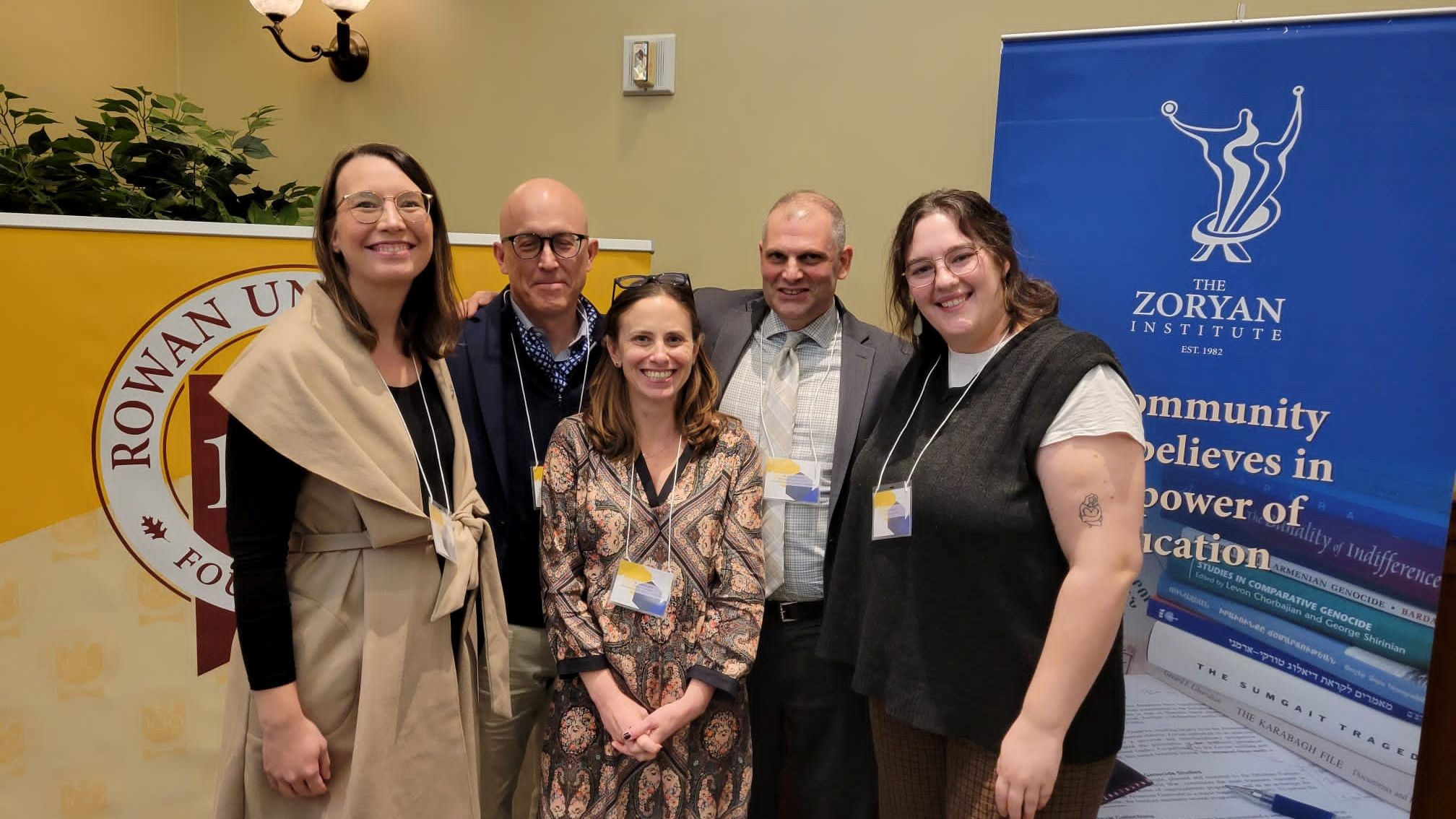
From L-R: Megan Reid, Dr. Alex Alvarez, Dr. Jennifer Rich, Dr. Henry Theriault, Kate Simola
The Zoryan Institute is a non-profit organization that serves the cause of scholarship and public awareness relating to issues of universal human rights, genocide, and diaspora-homeland relations. This is done through the systematic continued efforts of scholars and specialists using a comparative and multidisciplinary approach and in accordance with the highest academic standards.
To these ends the Institute undertakes and supports multi-disciplinary research, documentation, lectures, seminars, colloquia, and publications.

